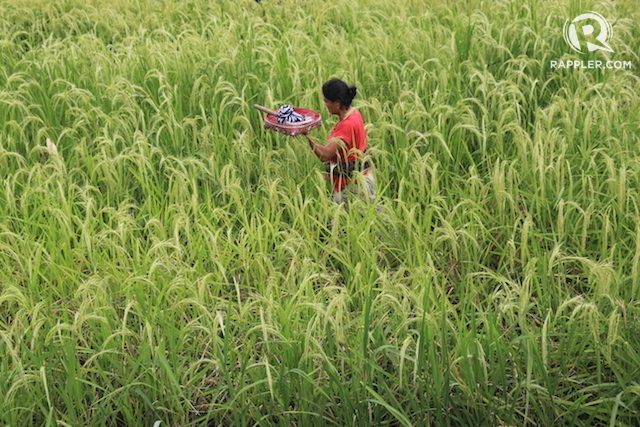SUMMARY
This is AI generated summarization, which may have errors. For context, always refer to the full article.

GENEVA, Switzerland – The World Trade Organization agreed Wednesday, May 20, to create a single panel of experts to study complaints from the United States and New Zealand over Indonesia’s import rules for agricultural products.
Washington and Wellington have accused Indonesia of breaking international trade rules with its wide-ranging import restrictions on farm products like fruits, vegetables, beef and poultry.
Among the measures Indonesia, the world’s fourth most populous country, has taken since 2012 is a ban on importations of certain cuts of beef and on chicken parts, according to Washington’s complaint.
“These restrictions appear to be in breach of core WTO obligations involving trade in goods, limiting opportunities for quality US products to reach Indonesia consumers,” the US trade representative told a meeting of WTO‘s Dispute Settlement Body.
US exports affected by Indonesia’s import licensing regimes totalled about $385 million in 2014, according to the US trade office.
New Zealand said it also believed the Indonesian measures “undermine core WTO principles and are inconsistent with key obligations in the WTO agreements.”
Indonesia meanwhile said it “regrets” that the United States and New Zealand had turned to the global trade body to settle the issue, insisting its policies were “fully consistent” with its WTO obligations. (READ: Indonesia accuses US of breaking WTO rules)
It stressed it aimed to “safeguard and defend its policies/measures before the (WTO) panel.”
The WTO, which polices global trade accords in an effort to ensure a level playing field for its member economies, creates a panel when parties to a dispute fail to reach an agreement during consultations.
Once created, WTO‘s panels of independent trade and legal experts usually take several months to render their decisions.
They can authorize retaliatory trade measures if they rule in favour of a plaintiff. – Rappler.com
Add a comment
How does this make you feel?
There are no comments yet. Add your comment to start the conversation.